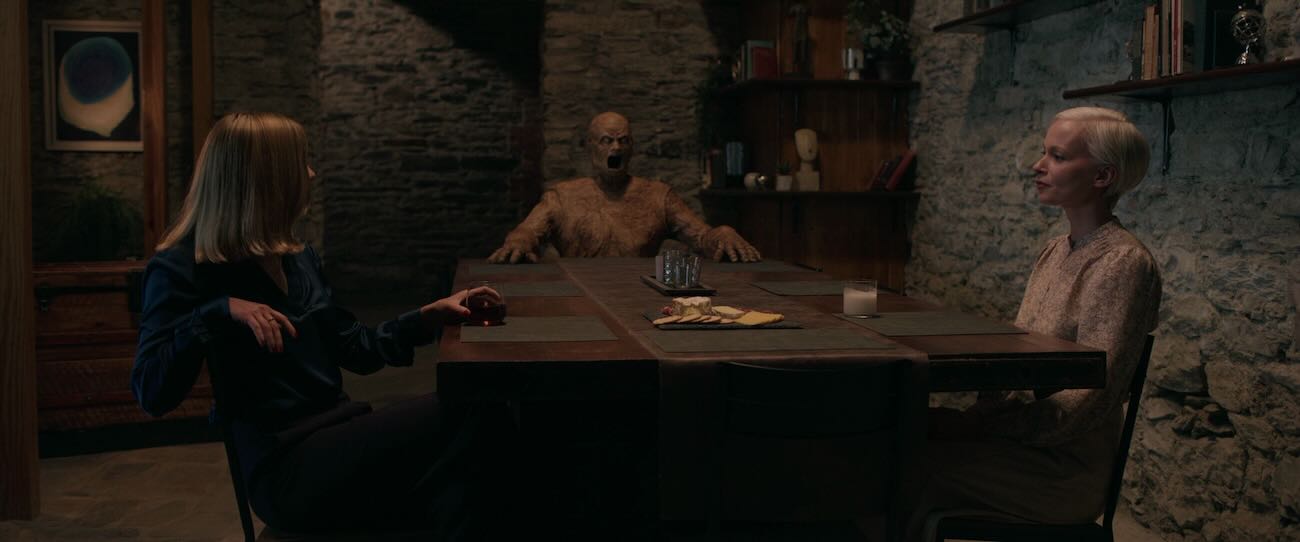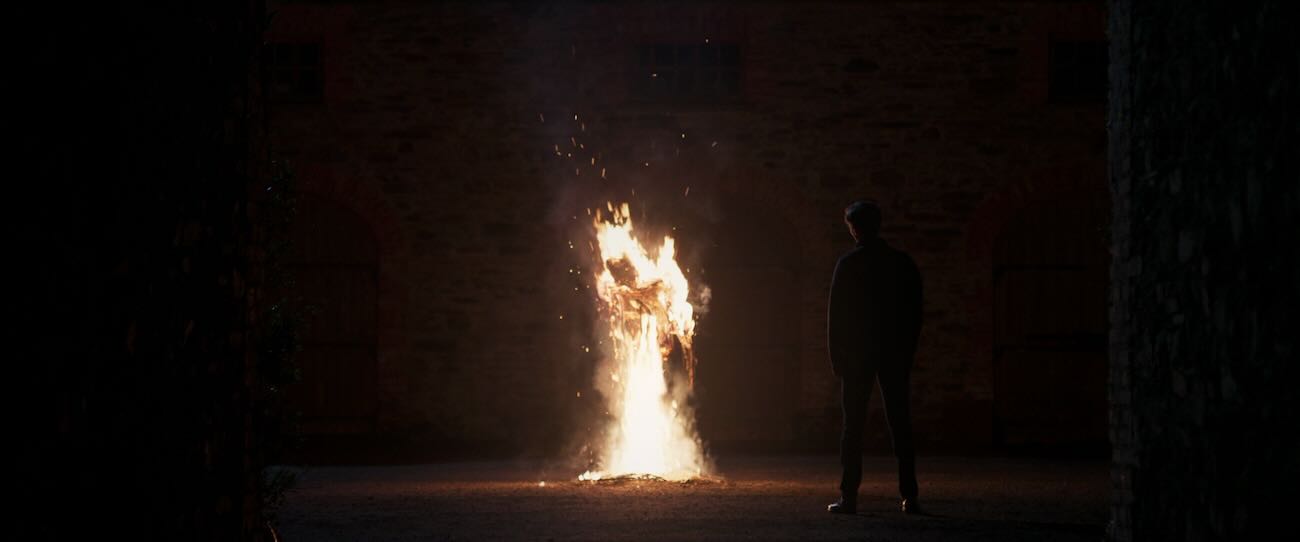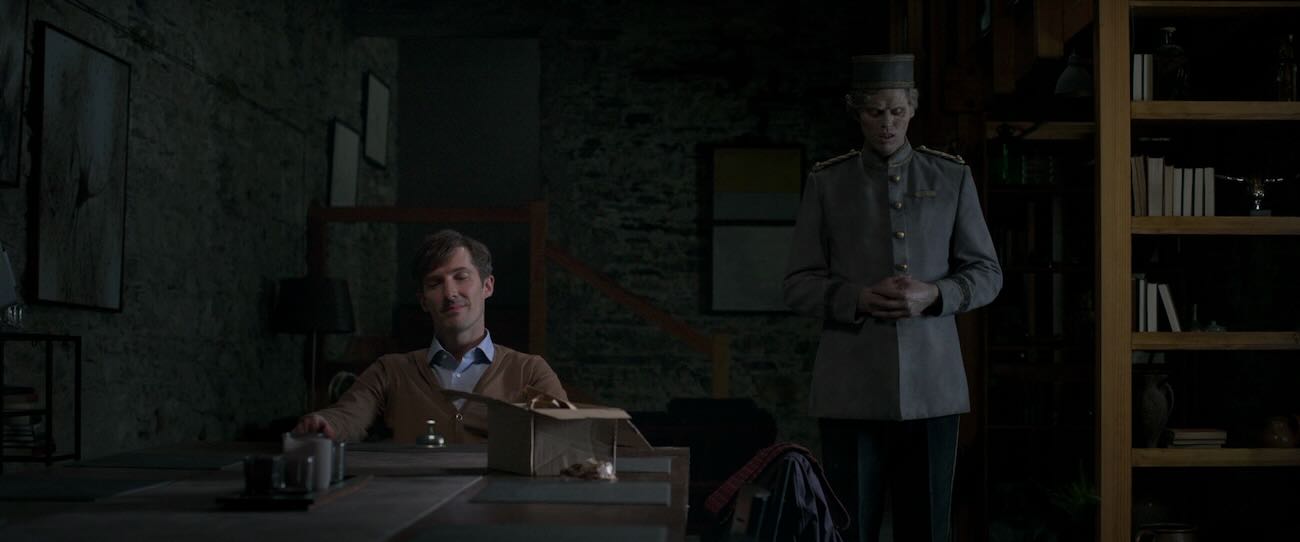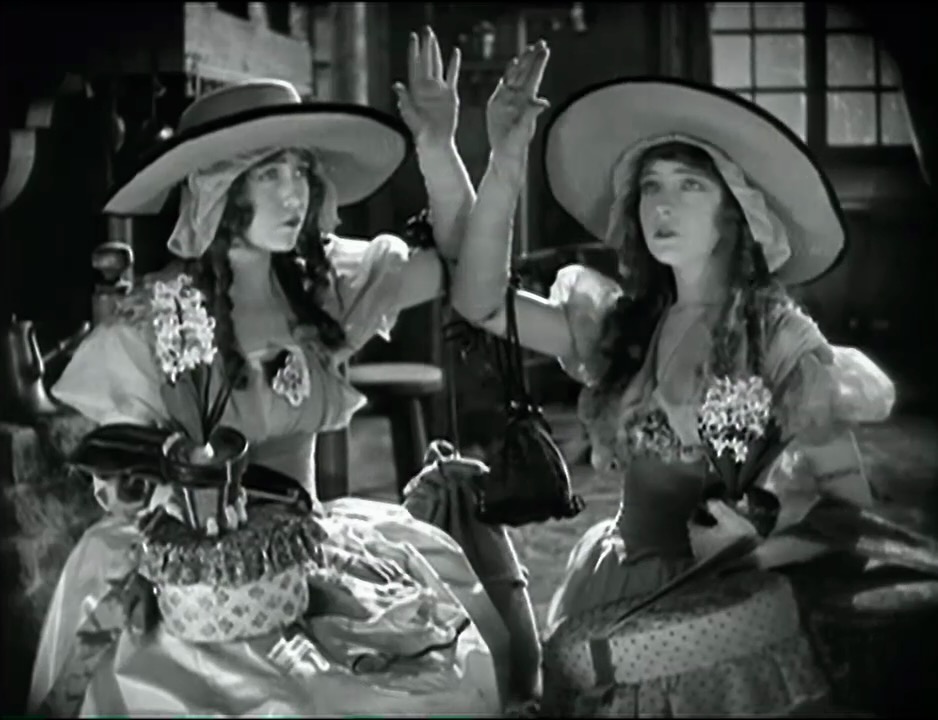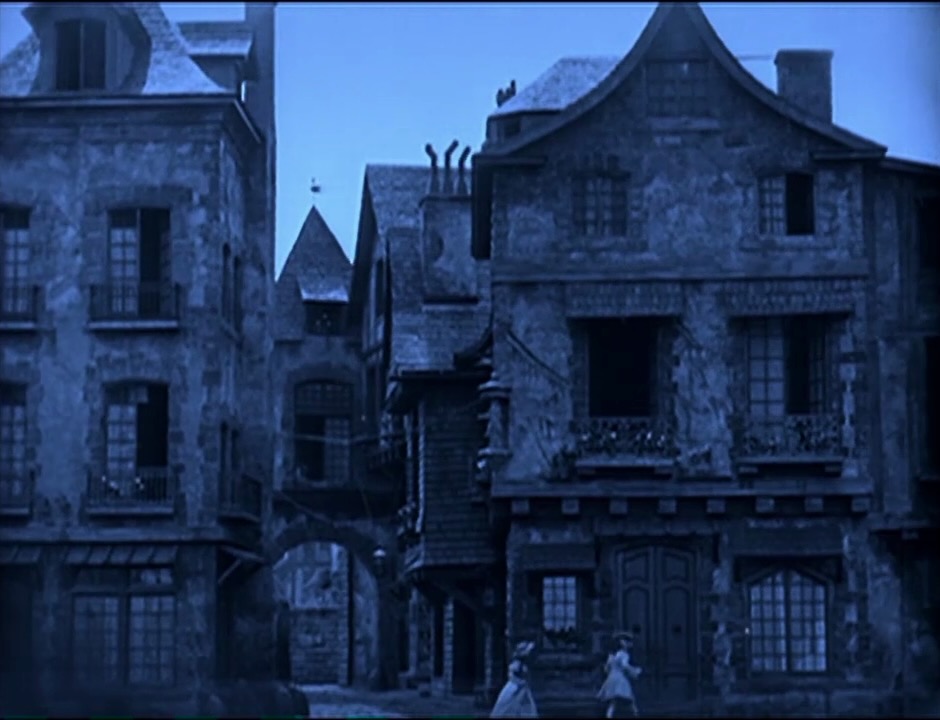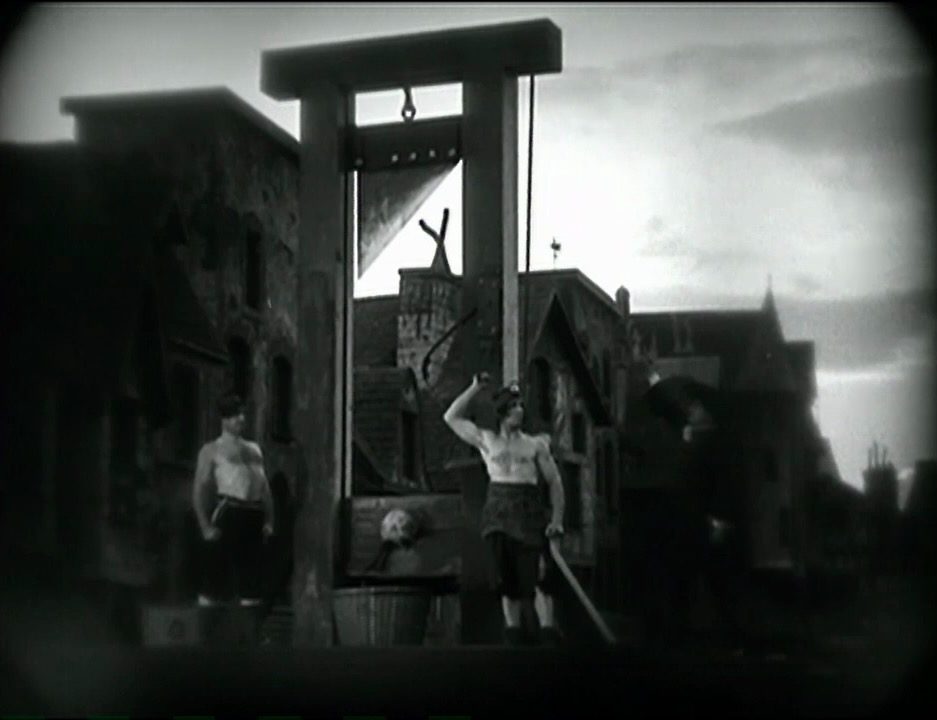How did Gordon get mixed up with Full Moon Entertainment? Guess I shouldn’t act like he was in a position to choose his own studio, between Fortress and Space Truckers – at least this one’s a Lovecraft story. Probably the only time the editor of Puppet Master 2 worked with the cinematographer of Dillinger Is Dead.

Jeffrey Combs inherited a spooky castle, always a bad sign, arrives to claim it with his wife who hates him (Barbara Crampton in a thankless role) and blind daughter, and without their son who he recently killed in a drunken car crash. And inside the castle lives the titular freak, who recently murdered its keeper/tormentor, and now chews off its thumb to escape the cuffs and go exploring (finger-trauma handcuff escapes are becoming a theme this month).

Combs brings home a local hotgirl – she wanders into the castle and gets freaked (it chews her boobs off). Combs is arrested because people are going missing, and you’d think it would help his case that the freak kills two more cops while their suspect is in custody, but Combs still has to conk a cop on the noggin and escape to save his imperiled family and battle the freak to their deaths on a rainy roof.

